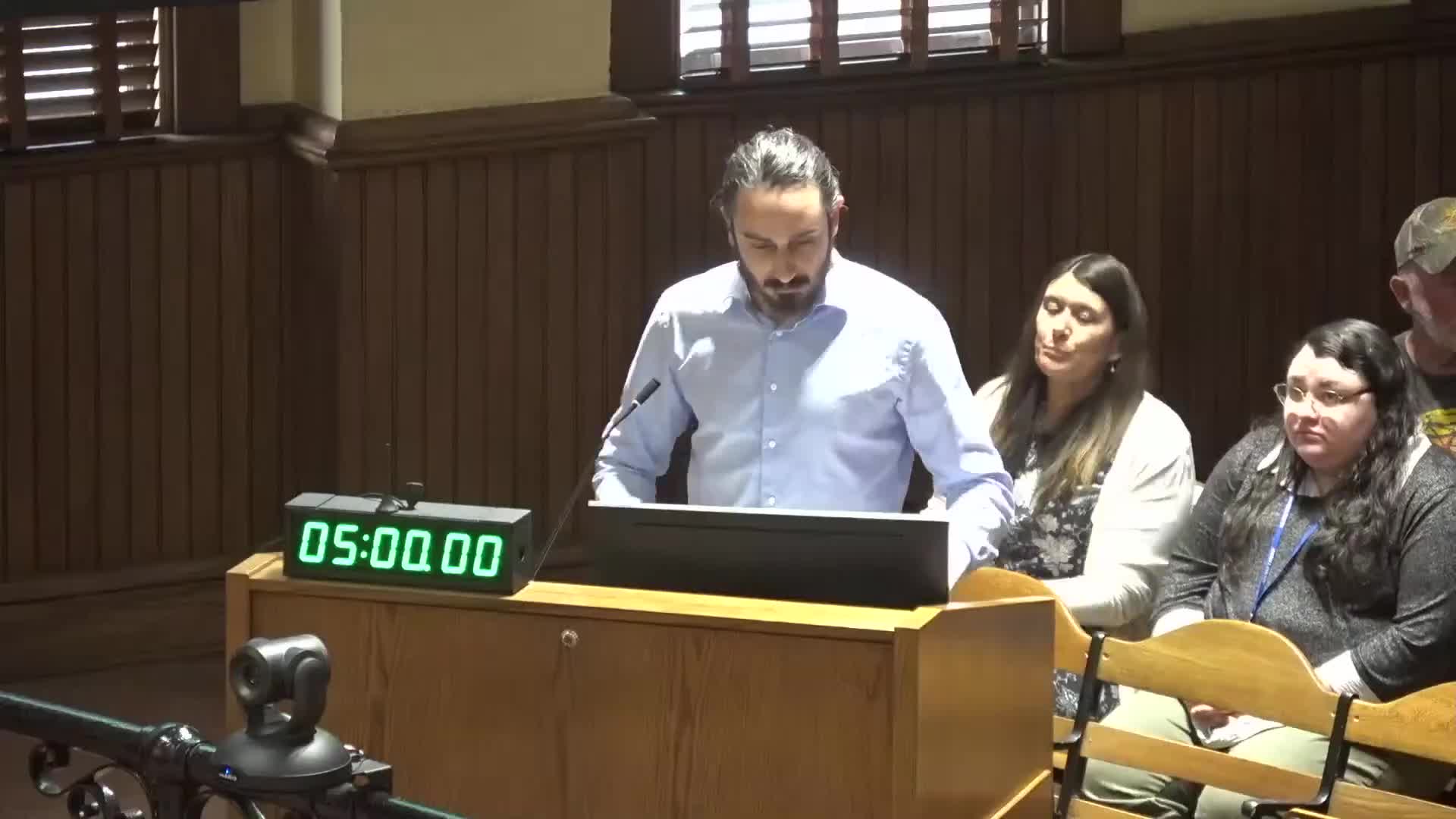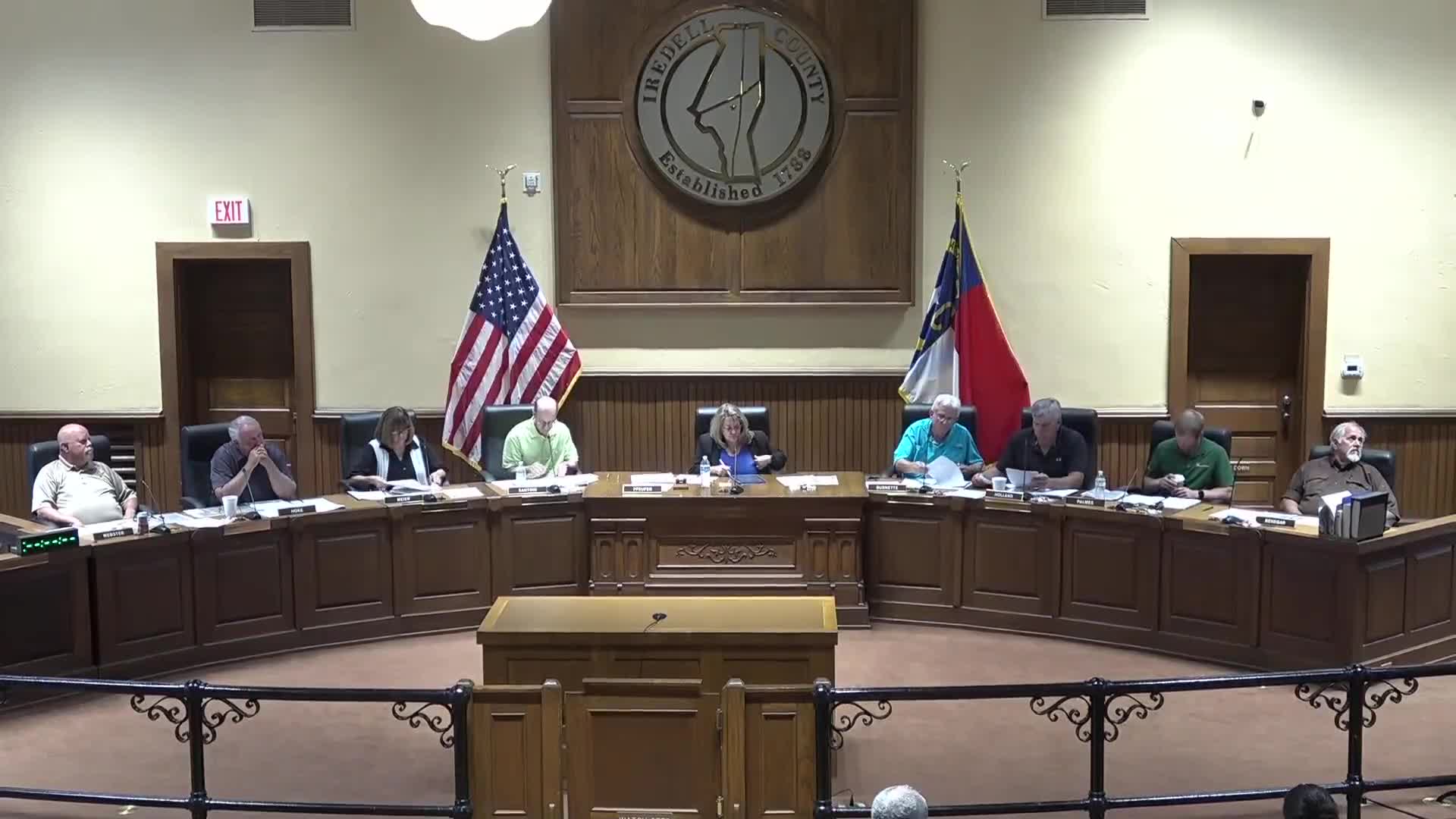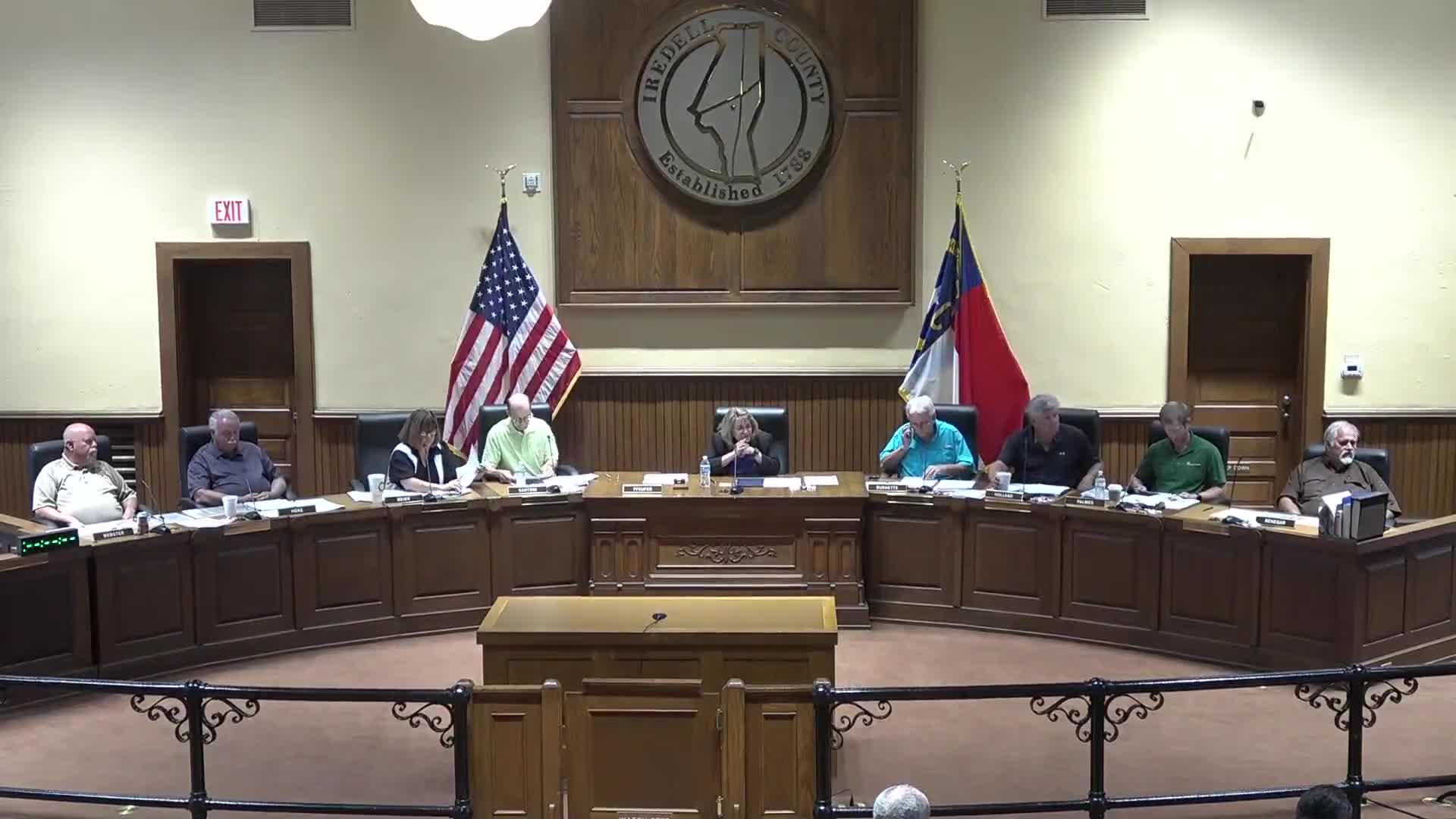Article not found
This article is no longer available. But don't worry—we've gathered other articles that discuss the same topic.

Planning board recommends conditional rezoning for 40‑acre solar project after extended, contentious hearing

Planning board narrowly recommends rezoning 51.5 acres on Josie Road for highway business; neighbors voice traffic and runoff concerns

